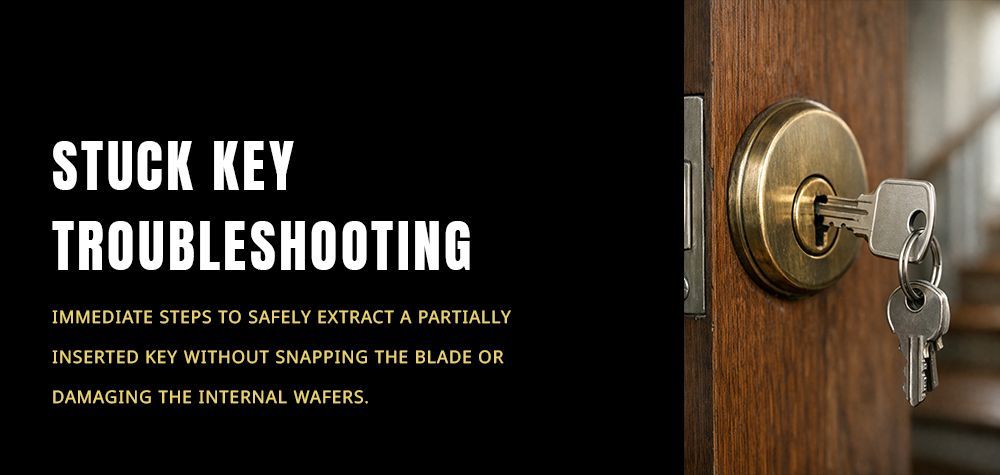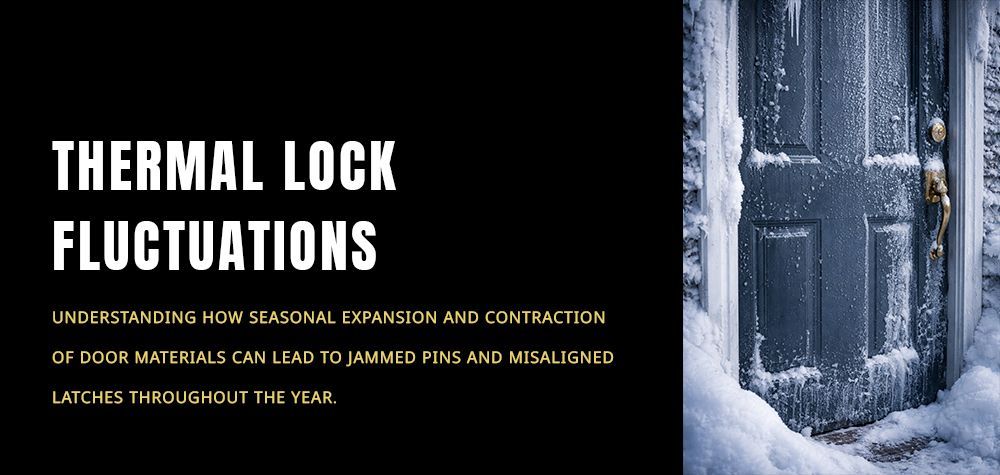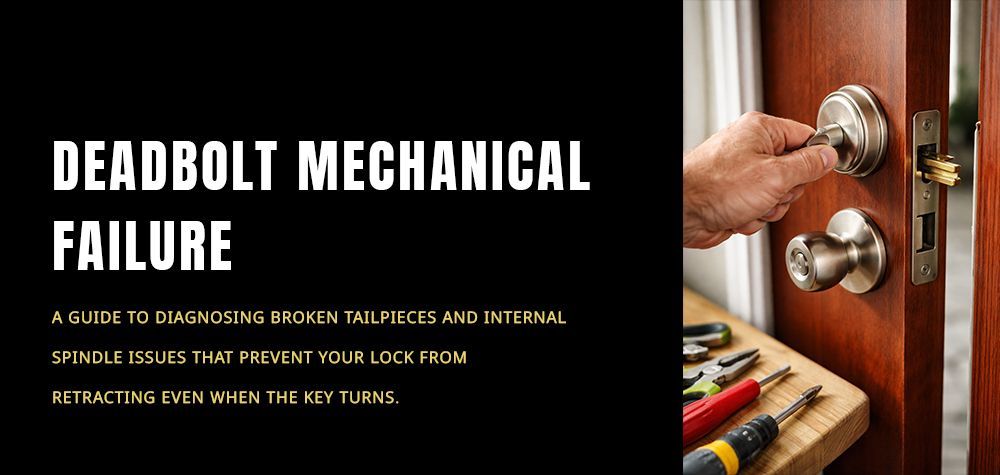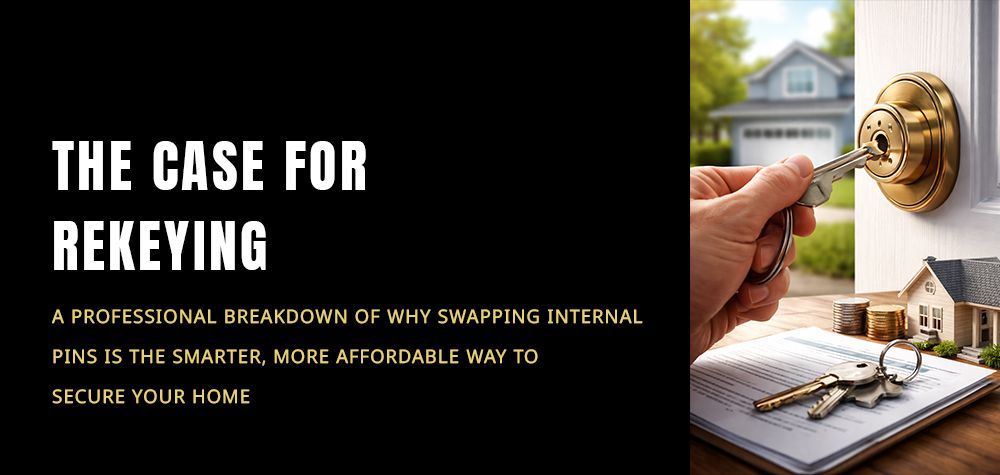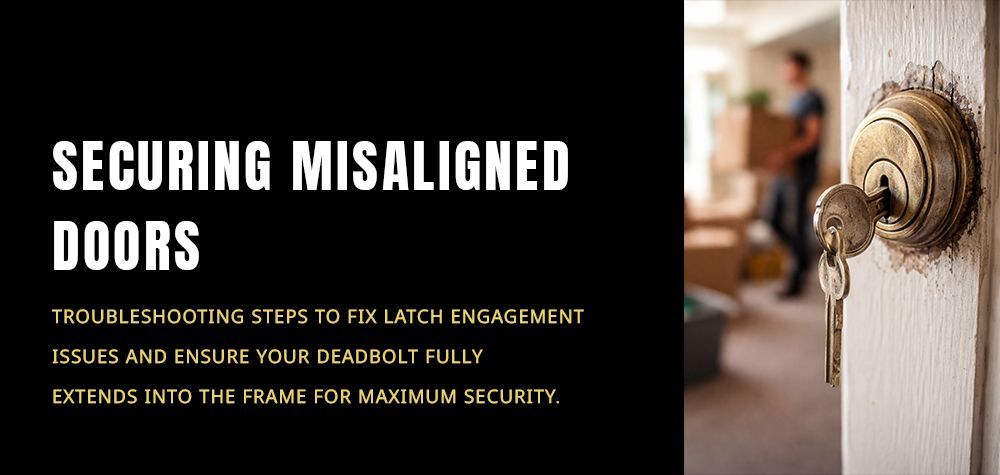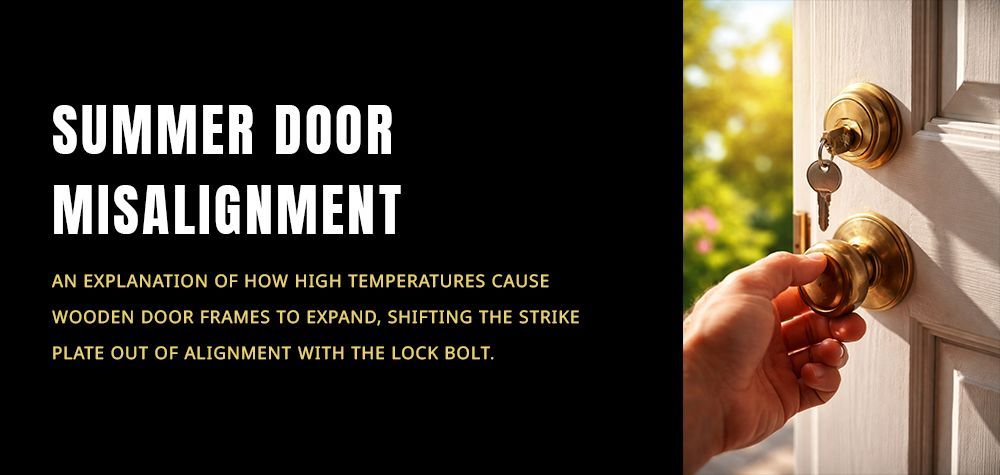Get a Certified Locksmith to Help You with These Expert Tips
September 24, 2023
When there is an emergency, you dial 911. But who do you call when you need a locksmith? There are numerous locksmiths available, but which one should you call? Finding a certified locksmith for your needs could be difficult. Read this article to get the best commercial locksmith for your needs.
32 Steps to a Successful Locksmith Service Appointment
- If you are painting, it is important to cover your locks before you begin. The locksmith needs to be called if you accidentally seal a lock. It could take some time to provide all locks with adequate protection, but it will prevent you from having to replace all your locks.
- Before you hire a locksmith, research his background. It’s important to hire someone that is working for you.
- You want to make sure that you hire is working for your best interest and not their own. Some locksmiths are scammers and will make their own copy of your keys.
- Always be prepared, regardless of whether you think you’ll ever be locked out or not. You want to have a reputable locksmith in mind before an emergency arises. Then, save the number in your mobile phone.
- Always get a receipt. While most of the locksmiths you encounter will be honest, there are those few that try to scam others.
- You should prepare yourself even if you need a locksmith is necessary. Research to find reputable professionals that you can trust. Put a locksmith’s contact number in your cell phone so it is always available to you.
- Using a locksmith during regular business hours saves you excess charges. After business hours, locksmith rates can vary greatly. For instance, you might pay 50 bucks for a service call during the day, but at night it will cost you double that.
- If you’re unsure about the reliability of a particular locksmith, you need to look them up on the website of the Better Business Bureau. This will give you the information you need for your peace of mind.
- Get references before you allow a locksmith in your home. Call all of the references before hiring them. You need the best quality of service but also a person you can really trust.
- Look for locksmiths who are active within their communities. It’s comforting to know that he/she is a professional who is on top of current trends. Additionally, the locksmith is less likely to be disreputable.
- Get references and recommendations before you allow a locksmith in your house. Once you get these references, follow through and call them.
- One of the first questions you ask a locksmith is how long their business. Make sure that they’ve been operating from this location the same location. A business that has been in an area for a number of years probably will be easy to work with.
- Find out how long a locksmith has been in business. In addition, be sure that they have worked from the same location consistently. Try to find a locksmith who has been in business for at least 5 years.
- If time allows, search the web on the locksmith whom you are planning to call. There are a great number of consumer sites where you can find honest reviews.
- There are a number of reliable websites that can help you find a locksmith. Make sure review website itself isn’t actually associated with a locksmith. You should also check to see if the locksmith you are considering has a locksmith.
- Verify the credentials of a locksmith. Cross-reference the address on the listing that you found with the phone number that is given to you. With easy online access, you can double check anyone you want to hire.
- When you’re looking for a locksmith, the Internet can be a great resource. A lot of people love to write about their experiences online.
- Don’t hire the first locksmith you just considered one option. You should be calling at least three or more locksmiths before deciding. This will allow you to figure out what kinds of reasonable rates.
- Try looking up the locksmith you plan to hire online. Don’t be scared to get this done because it will help you to know that you’re being secure. If something seems fishy, go with another locksmith. Most areas have a number of different locksmiths.
- If a locksmith says they charge for showing up, even before doing the job, steer away from them. This is not a fee that you want to pay.
- Ask your locksmith for references from previous customers. Many businesses are happy to provide references, so try calling them.
- Ask about additional costs when quoting locksmiths. Is tax included? Can you get any discounts, like for teachers or seniors? Do they charge extra for late night calls or those outside of a certain radius? Figure out the total, and then agree.
- Locksmiths are usually much more expensive when you call after normal business hours. There are companies who make the most of this and charge premium rates.
- The net is a great resource when you are in the market for finding a locksmith. A lot of people love to write about their experience with. You can find both positive and bad reviews. The good thing is that such reviews can help people decide whom to hire and not to hire.
- A good locksmith should be able to do more than just change a lock on your door. If you have been the victim of a burglary, they should be able to change the locks on your windows as well. In a few cases, you may also be able to get some help with your alarm system.
- When a locksmith comes to help you, ask for ID and a license. Make sure that the person portrayed on the ID is the person who is there to help.
- Beware of any locksmith who says they must drill out your lock or replace it if you are locked out.
- If you find yourself locked out, discern what the true issue seems to be. Do you have your keys in your vehicle? This is quite different from a stolen key emergency. The first problem just requires assistance in getting into the car, whereas the second requires a full re-keying of the locks or installation of new ones.
- Make sure that it is necessary to get a locksmith. You can change a lock on your own.
- You can Google anyone who comes to work for the locksmith that is going to be providing services to you. Don’t be embarrassed by this – you to know that you’re being secure. If your search yields information you’re not happy with, call the company for a replacement.
- When picking your locksmith, look for one able to provide emergency service. You never know when an emergency will strike, and having a locksmith at the ready who can be there for you is great peace of mind. Find out from the locksmith what his rates are for emergency situations. There could be other fees, so know before you hire them.
- When asking for estimates, inquire about what they charge under the worst circumstances. A good locksmith is able to anticipate problems, so they will be able to quote you a price range, rather than a set price.
Call us today to attend to your home security problems. We arrive on time and don’t take advantage of your emergency situation to charge you more than is required.
Call Us Any Time!
Can a locksmith fix door frame damage after a break-in? Learn what repairs are possible, when contractors are needed, and how to reinforce your door for stronger security.
Door lock suddenly feels rough to turn? Learn the causes, warning signs, and expert solutions to prevent broken keys and restore smooth, secure operation.


